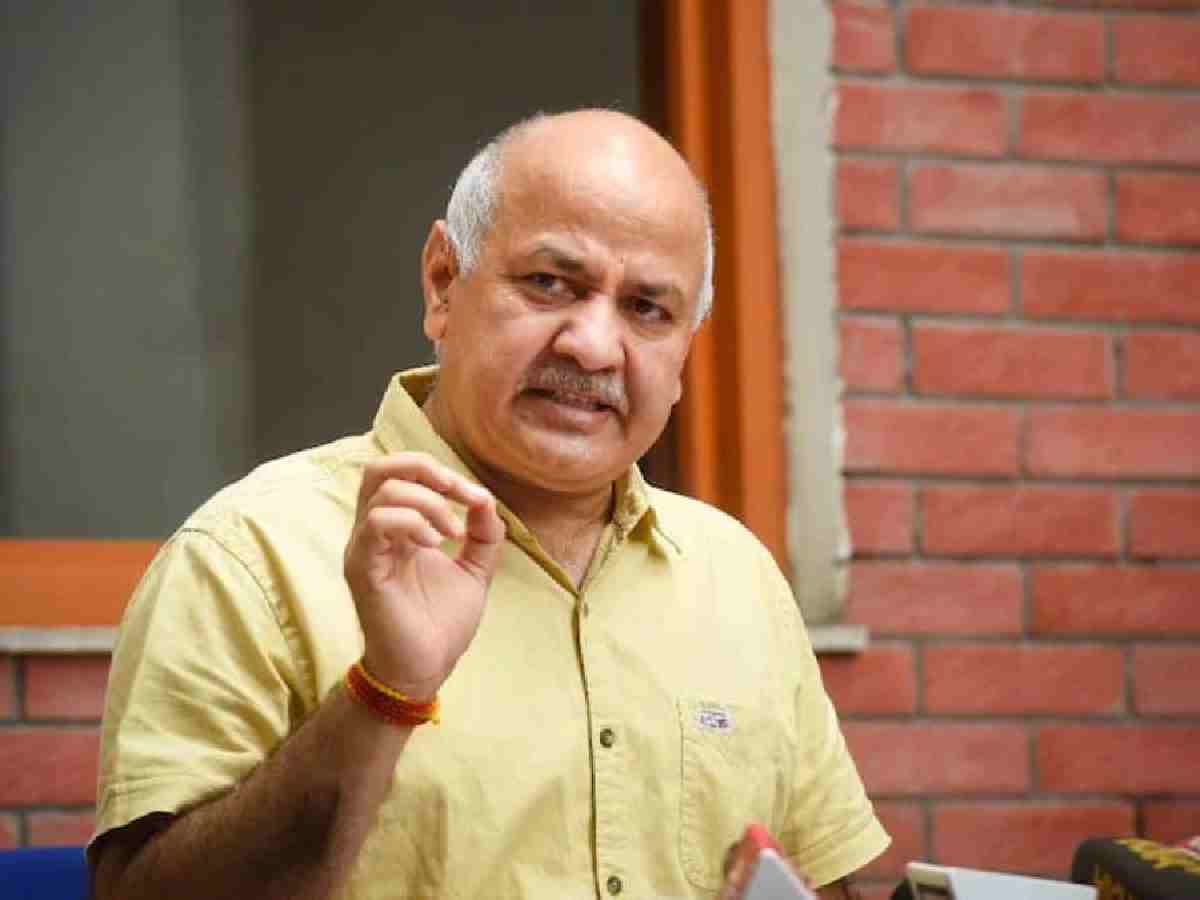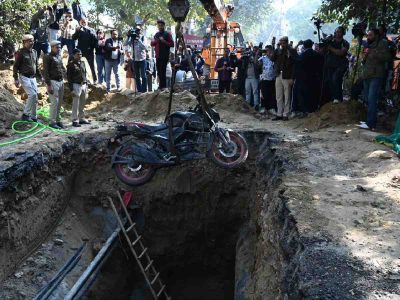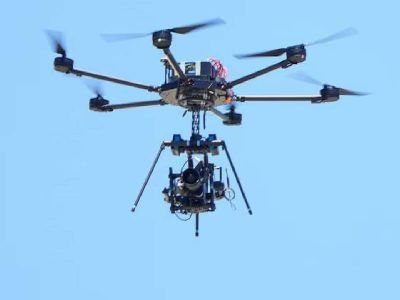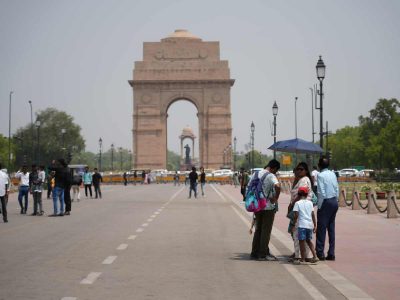Supreme Court on Friday granted bail to the former Deputy Chief Minister Manish Sisodia in both Enforcement Directorate and Central Bureau Of Investigation (CBI) cases related to the multi crore excise policy scam case.
A Supreme Court panel, consisting of Justices BR Gavai and KV Viswanathan, delivered a ruling on Sisodia’s bail pleas on August 6. The court granted him bail without imposing any conditions. Justice Gavai overturned the Delhi High Court’s previous decision, stating, “The Delhi High Court’s order is nullified. Bail is granted in both the Enforcement Directorate (ED) and Central Bureau of Investigation (CBI) cases.”
Also read: Delhi | We are being punished for the fault of civic agencies: shop owners
The court also emphasized that Sisodia posed no risk of fleeing the country.
Sisodia’s arrest by the CBI occurred on February 26, 2023, over allegations related to the now-defunct Delhi excise policy 2021-22. Subsequently, the ED arrested him on March 9, 2023, in connection with a money laundering case linked to the CBI’s investigation.
He resigned from his role in the Delhi cabinet on February 28, 2023.
As a former Deputy Chief Minister of Delhi, Sisodia argued that he should be granted bail due to his lengthy 17-month detention without a trial starting. Both the ED and CBI opposed his bail petitions.
During the Supreme Court’s review, the justices questioned the CBI and ED about the expected duration of the investigations, considering there are 493 witnesses across the cases. The court asked how long it would take to wrap up the trials, with the agencies’ legal representatives noting eight significant witnesses in each case. The agencies contested Sisodia’s assertion that delays were due to their actions.
Also read: UPSC aspirants boxed in pigeonholes at sky-high rents
On July 16, the Supreme Court agreed to examine Sisodia’s petitions and requested responses from the CBI and ED. Sisodia had previously challenged the Delhi High Court’s May 21 order that denied his bail applications, which were initially rejected by a trial court on April 30.





